Truss prepares to lead UK amid political and economic challenges
New British Prime Minister Liz Truss prepares to lead the nation as she is facing a confluence of political and economic challenges.
Truss has planned to travel to New York to attend the UN General Assembly after the national mourning of the death of Queen Elizabeth II ends on Monday.
The transition back to normal politics will be sudden and challenging for a prime minister who had only been in office for two days before the Queen’s death.
On Saturday night, leading UK business organizations were renewing pressure on ministers for “absolute clarity” on what help the government would offer them with their energy bills and warning of dire consequences if they continued to be left in limbo over the level of support in the medium term.
Jacob Rees-Mogg, Truss's new business secretary, is due to make an announcement on business support on Wednesday, to be followed by a mini-budget by the new chancellor, Kwasi Kwarteng, on Friday.
Kwarteng is set to announce £30bn in tax cuts in an effort to ease the pressure of the cost of living crisis and boost economic growth, according to reports.
The director general of the British Chambers of Commerce, Shevaun Haviland, said Truss’s previous announcement that businesses would benefit from a cap on bills similar to that for domestic users, for six months, had been very welcome.
“I have had several businesses say to me this is worse than Covid-19. Rising raw materials, soaring costs including labor, inflation at 10% and now energy prices. They do not know where to turn. In May, 23% of our businesses said they would have to scale down production or cease trading.”
She said many businesses had seen their energy costs rocket by 300% or more compared with last year, adding to a list of problems that was causing many to question their futures.
Tory MPs are already concerned that Friday’s event, which is also expected to include the removing the cap on bankers’ bonuses, will provide an “open goal for Labour” in the first weeks of Truss’s premiership.
On the other hand, Labor leader Keir Stammer is determined to highlight the gap between what he sees as Conservative tax cuts for the rich and its policy of paying to end the energy price cap for the needy through a tax on the excess profits of energy companies.
Economists believe a key challenge for Truss will be the prevention of the international money markets from losing confidence as Britain’s embattled economy enters its worst period since the 1970s, when oil-price shocks forced the Treasury into the arms of the International Monetary Fund.
The UK government's borrowing costs have already risen sharply in recent weeks, amid a wider selloff in sovereign debt. The yield, or interest rate, on 10-year bonds is the highest since the end of 2013, at almost 3%, and rose by the most since 1986 in August.
The pound fell near to a 37-year low on Monday, as the closure of Russia’s Nord Stream 1 gas pipeline added to the pressures on the UK and European economies, raising speculations as to whether the British economy is already in recession.
Sterling exchange rate fell to $1.14 against the US dollar, the lowest level since March 2020. The currency also hit a 17-month low against the euro, with €1 worth 0.87 pounds.
Forecasts for the economy now show it will contract in the second half of this year and all of next year, though the extent of the downturn is unclear after the injection of £150bn into the economy via the government’s new £2,500 energy price cap.

Palestine Solidarity Campaign director on trial

BBC blasted for pulling documentary on Gaza children after Israel lobby pressure
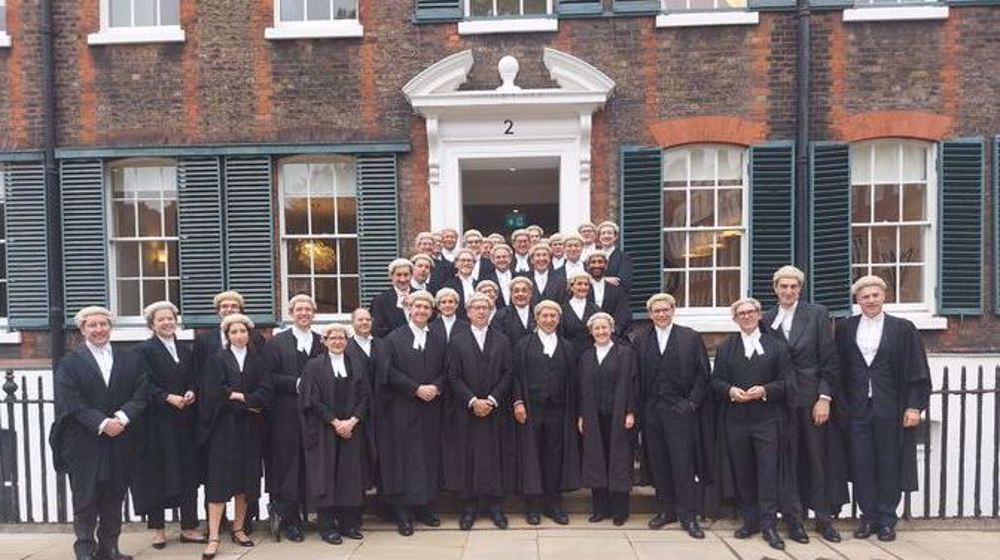
Top judge censures Britain’s Keir Starmer over his anti-Palestinian stance
Israel’s massacres won’t grant it ‘legitimacy’: Hamas on 31st anniversary of Ibrahimi Mosque tragedy
French leader decries ‘unprecedented diplomatic scandal’ after Israel bars European MPs
VIDEO | Washington’s failed projects
VIDEO | Islamabad exhibition exposes Israeli atrocities in Gaza
Trump rescinds arms sales regulation in favor of Israel, sources say
Iran’s president vows to accelerate cooperation with Russia
Palestinian says Israeli jailers poured acid on him during interrogation
Iran, Turkmenistan seek increased cargo transit via railways


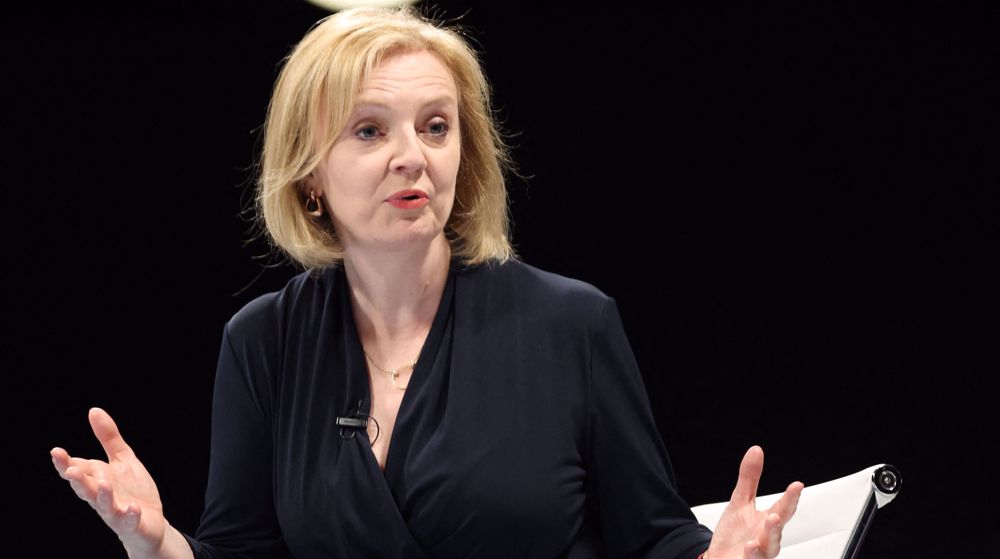
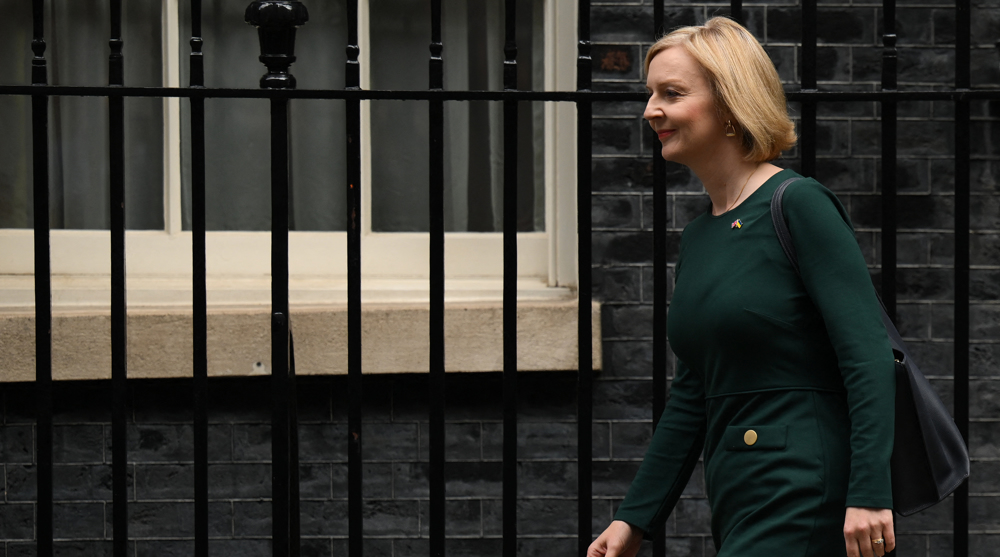
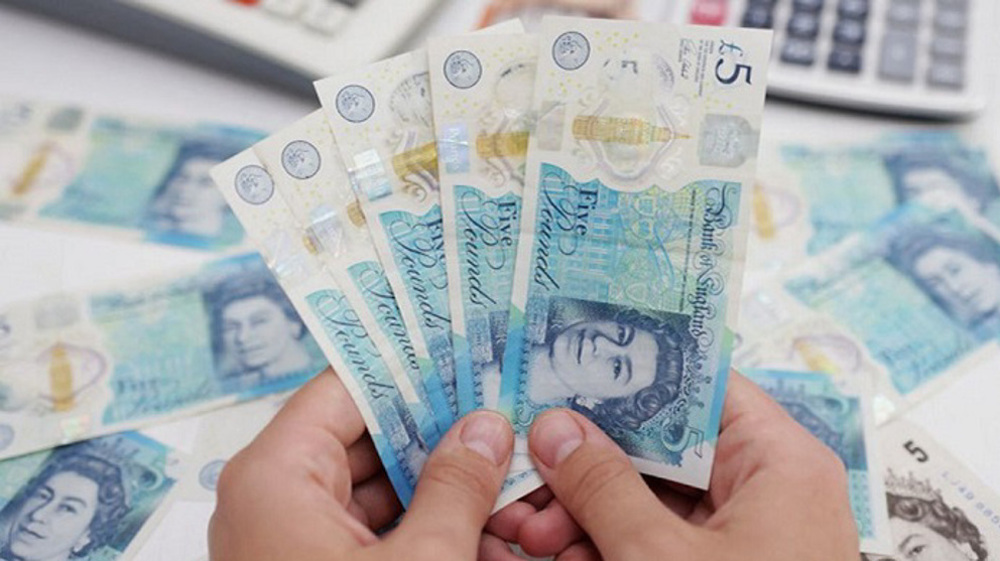



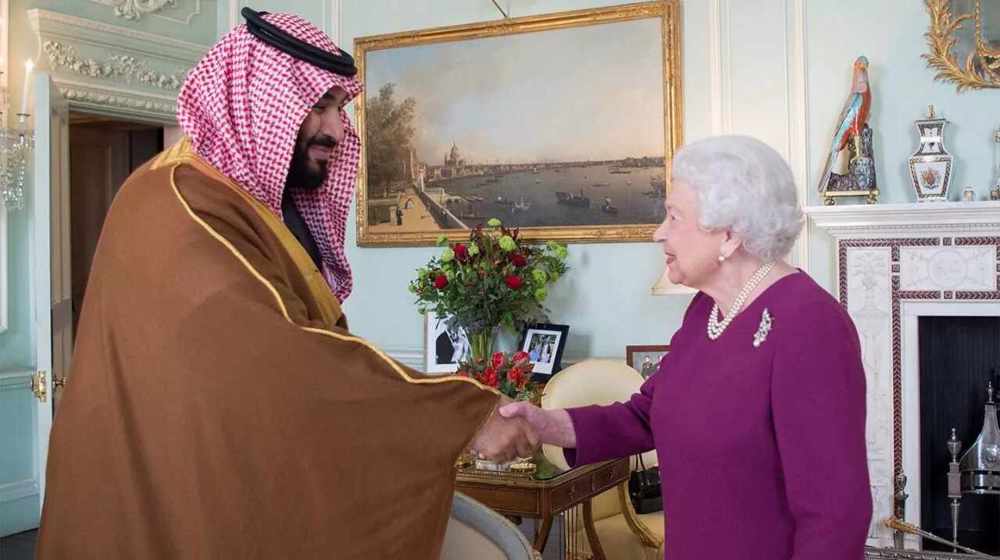
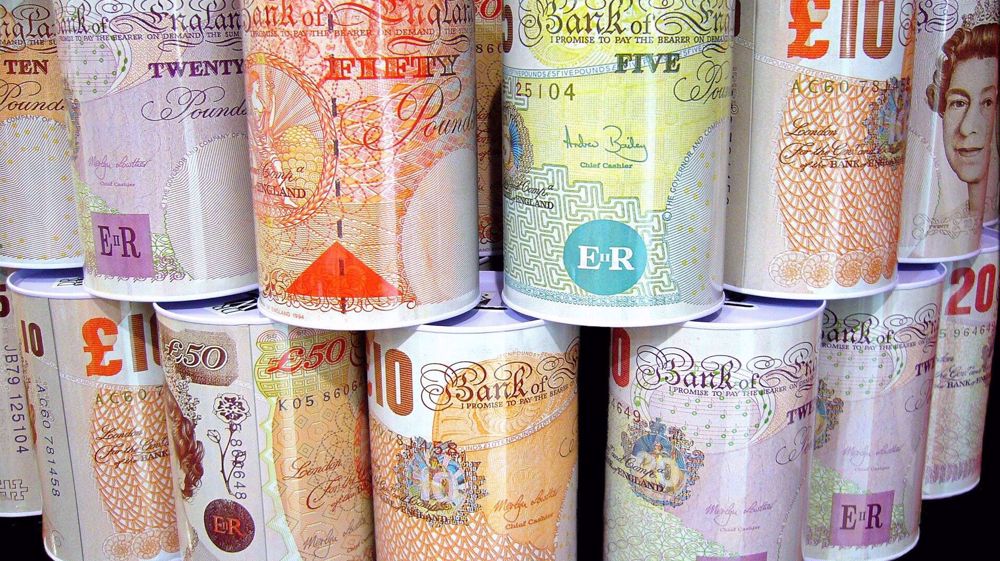

 This makes it easy to access the Press TV website
This makes it easy to access the Press TV website